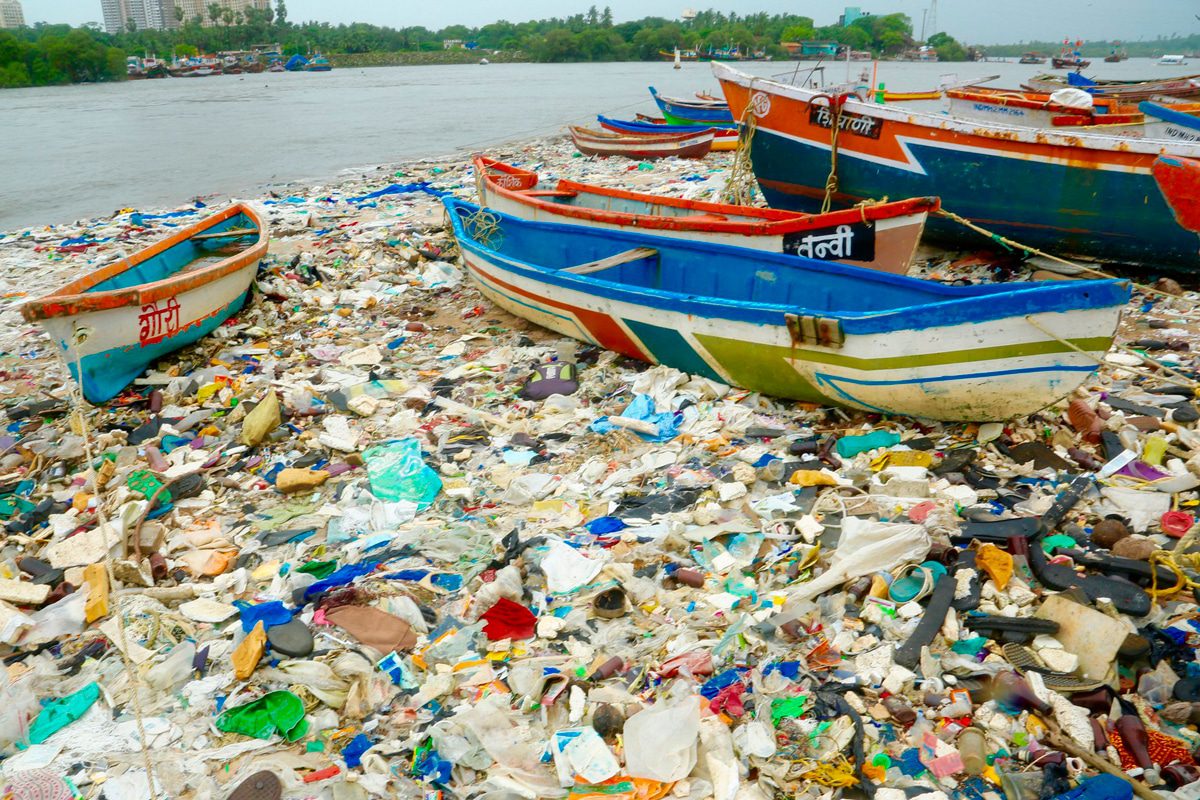Thailand is home to the second largest population of Buddhists in the world, with some 64 millions Buddhists and 41,000 temples. Buddhism came to Thailand as early as the 3rd century BCE during the reign of Ashoka.
Theravada is the primary school of Buddhism in Thailand today and is traditionally conservative in doctrine and monastic discipline. The adherence to tradition can be seen in temples of Thailand (also called wats). From Wat Phra Kaew, regarded as the most sacred temple of Thailand, located in the Grand Palace, commonly called in English the Temple of the Emerald Buddha for the statue of Buddha which is a religious icon for the country; to Wat Phra Phutthabat, one of the oldest temples in the country and home to a stone which is said to have a footprint of the Buddha.
But in the northernmost region of Thailand stands a temple which is an amalgam of traditional and modern design—Wat Rong Khun. Renowned for its artistry and stark beauty it is known to English speakers simply as the White Temple and is one of the favorite locations for visitors in all of Thailand.
The temple was created by Thai artist Chalermchai Kositpipat, originally from the province Chiang Rai where the temple is located, who became well known in the 1980s and 90s for art done in a contemporary style but with Buddhist imagery throughout it. Chalermchai took this further with Wat Rong Khun, using traditional Thai and Hindu architecture and Buddhist symbology and mixing it with elements of modern pop culture. There are even murals which include modern cultural references of The Matrix, Marvel characters, spaceships and the 9/11 terrorist attacks which are set into a context of Buddhist imagery.

In the details of the temple the artist attempts to depict Dharma—the nature of reality regarded as a universal truth taught by the Buddha, which tells of a release from human passion or desire and accordingly a rise to new spiritual heights and understanding. When you arrive to the temple grounds you are first confronted with temptation including demons adorned with bottles of alcohol, you then cross a bridge over a sea of writhing human sculptures and arrive at the temple proper. The progression is meant to represent the transition from the cycle of life and death to the land of Buddha. The building, pristine white and shimmering glass outside and in, is demonstrative of the peace sought through the faith.
The Wat Rong Khun opened to visitors in 1997. Personally funded by Chalermchai, the work continues on Wat Rong Khun to this day, and is planned for much, much more—so much so that it is expected to continue until 2070. As Chalermchai put it, “Only death can stop my dream, but cannot stop my project.”















